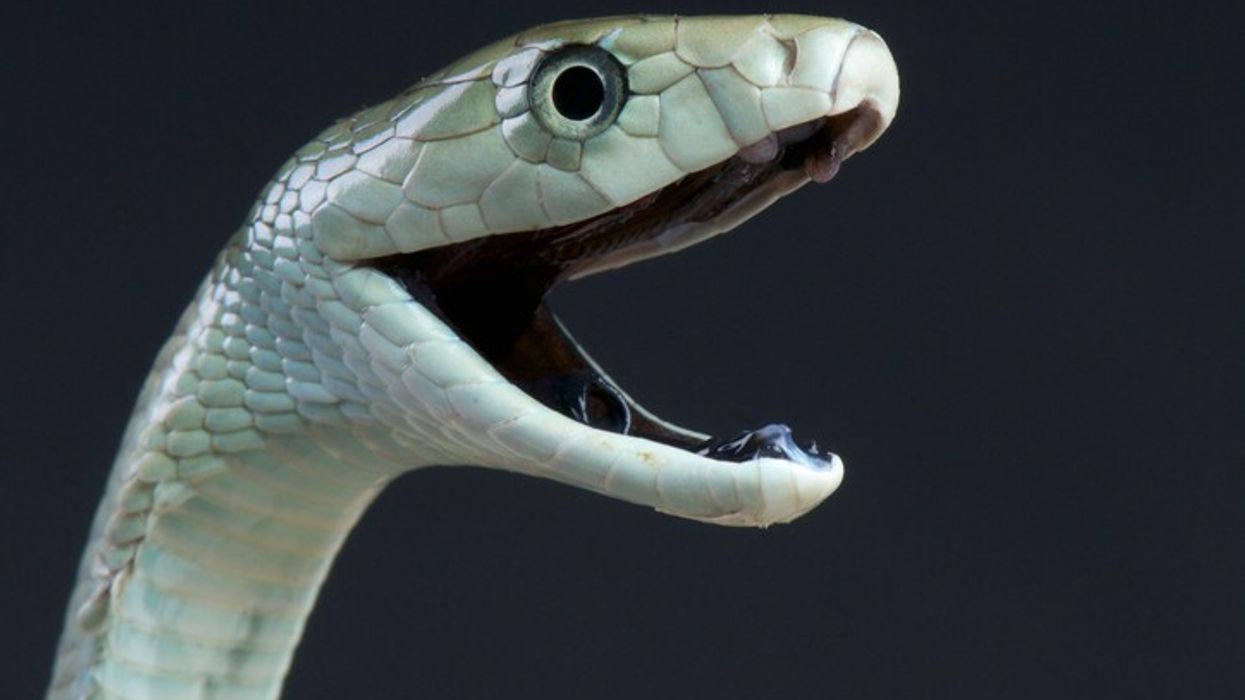Scientists have developed a potentially groundbreaking snake antivenom using the blood of Tim Friede, a US man who has spent nearly two decades injecting himself with venom from some of the world’s deadliest snakes. The research has led to the discovery of antibodies offering unprecedented protection against a broad range of venomous species.
Friede, a former truck mechanic, has been bitten more than 200 times and injected himself with venom over 700 times in an attempt to build immunity. His goal, initially motivated by personal safety while handling snakes, evolved into a mission to aid global snakebite victims. Each year, snakebites kill up to 140,000 people and cause permanent injury or disability in many more, particularly in developing countries.
"I didn’t want to die. I didn’t want to lose a finger. I didn’t want to miss work," Friede told the BBC, recalling an early incident when two cobra bites left him in a coma. Despite the risks, he continued his efforts, saying, "It just became a lifestyle… for the people who are 8,000 miles away from me who die from snakebite."
Traditional antivenoms are made by injecting venom into animals like horses to stimulate an immune response. The resulting antibodies are harvested and used as treatment. However, these antivenoms must match the specific species of snake involved, and even then, variations in venom within the same species can limit effectiveness.
This challenge led researchers to search for broadly neutralising antibodies — immune responses that target components common across toxin types rather than species-specific traits. The work was led by Dr Jacob Glanville, chief executive of biotech firm Centivax, who believed Friede’s immune system could hold the key. After obtaining ethical approval to use Friede’s blood, the research team focused on elapids — a family of venomous snakes that includes cobras, mambas, kraits, taipans and coral snakes.
These snakes primarily use neurotoxins, which can paralyse victims by targeting the nervous system and halting respiration. Scientists analysed blood samples from Tim Friede and identified two antibodies that neutralised broad classes of neurotoxins. A third component, an existing drug was added to the mixture to target a third class of toxin.
Published in the journal Cell, the study reported that this antivenom cocktail protected mice from fatal doses of venom from 13 out of 19 of the world’s deadliest elapids. The remaining six species showed partial protection. Dr Glanville described the findings as “unparalleled” in their breadth of protection, suggesting that the cocktail could cover many elapids currently lacking effective antivenom.
The team is now working to improve the formulation and explore the addition of a fourth antibody to enhance coverage. They also aim to develop similar protection against vipers, another major group of venomous snakes that use haemotoxins to damage blood cells.
“There are around a dozen broad classes of toxins,” said Prof Peter Kwong of Columbia University. “I think in the next 10 or 15 years we’ll have something effective against each one.”
Prof Nick Casewell, head of the Centre for Snakebite Research and Interventions at the Liverpool School of Tropical Medicine, called the findings “novel” and a “strong piece of evidence” for a new approach to antivenom development, while stressing the need for further testing before human use.
For Tim Friede, the study is a major milestone. “I’m doing something good for humanity,” he said. “That was very important to me. I’m proud of it. It’s pretty cool.”





